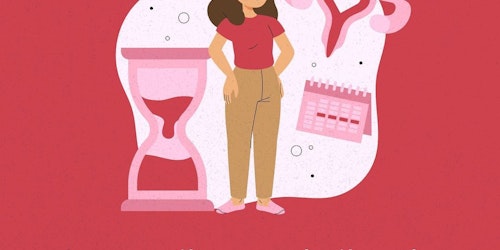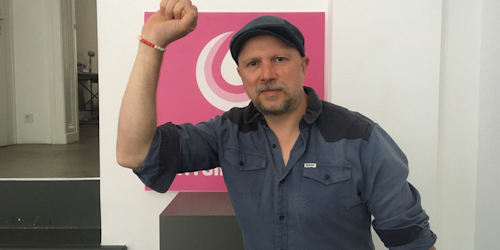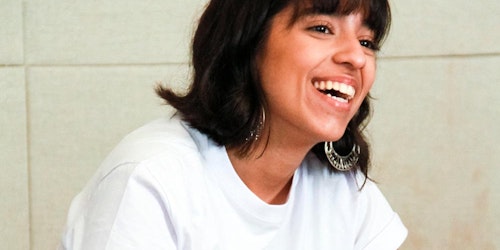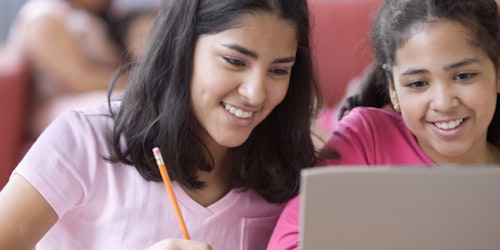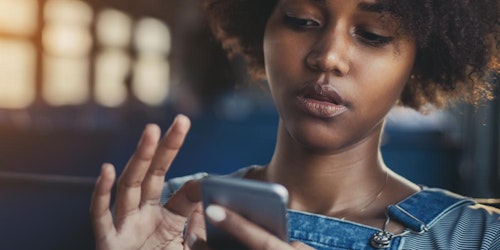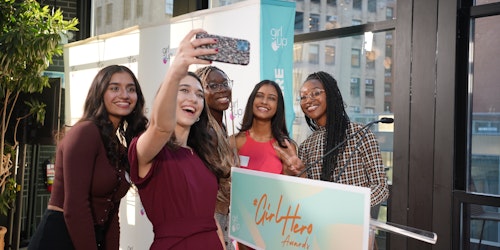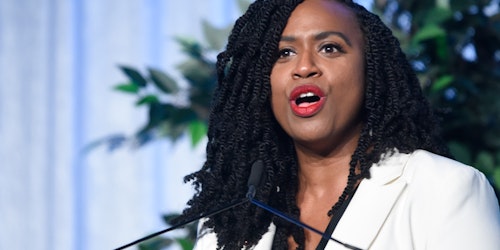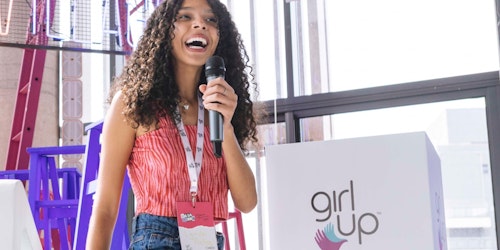Although on any given day, more than 300 million people worldwide are menstruating, an estimated 500 million lack access to menstrual products and adequate facilities for menstrual hygiene management. Poor menstrual hygiene can pose serious physical health risks, but many menstruators have limited options to accessible and affordable safe sanitary materials. Meanwhile, misinformation and misconceptions around menstruation perpetuate outdated cultural myths and damaging social taboos, ultimately leading to generations of unwarranted discrimination toward girls, women, and all those who menstruate.
On May 28, we celebrate Menstrual Hygiene Day to raise awareness about this critical issue so central to achieving gender justice around the world and to break the stigma surrounding menstrual health once and for all.
Girl Up Clubs—from Costa Rica and Argentina to India and Namibia—are advocating for the fundamental right of all menstruators to be able to manage their menstrual cycles with health, dignity, and support without experiencing stress, shame, discomfort, or fear.
Read on to see how these Girl Up leaders are dismantling systemic inequalities, removing unnecessary barriers to information and supplies, and driving the movement for global menstrual equity forward!
AFRICA
Girl Up Sierra Leone attended an event focused on innovative reproductive health techniques and participated in a reusable pad-making training to discover more sustainable alternatives to menstrual materials.
Girl Up Namibia collected sanitary products and visited local primary and high schools to donate these materials, discuss the myths surrounding menstruation, and brainstorm ways their community can work together to tackle menstrual discrimination.
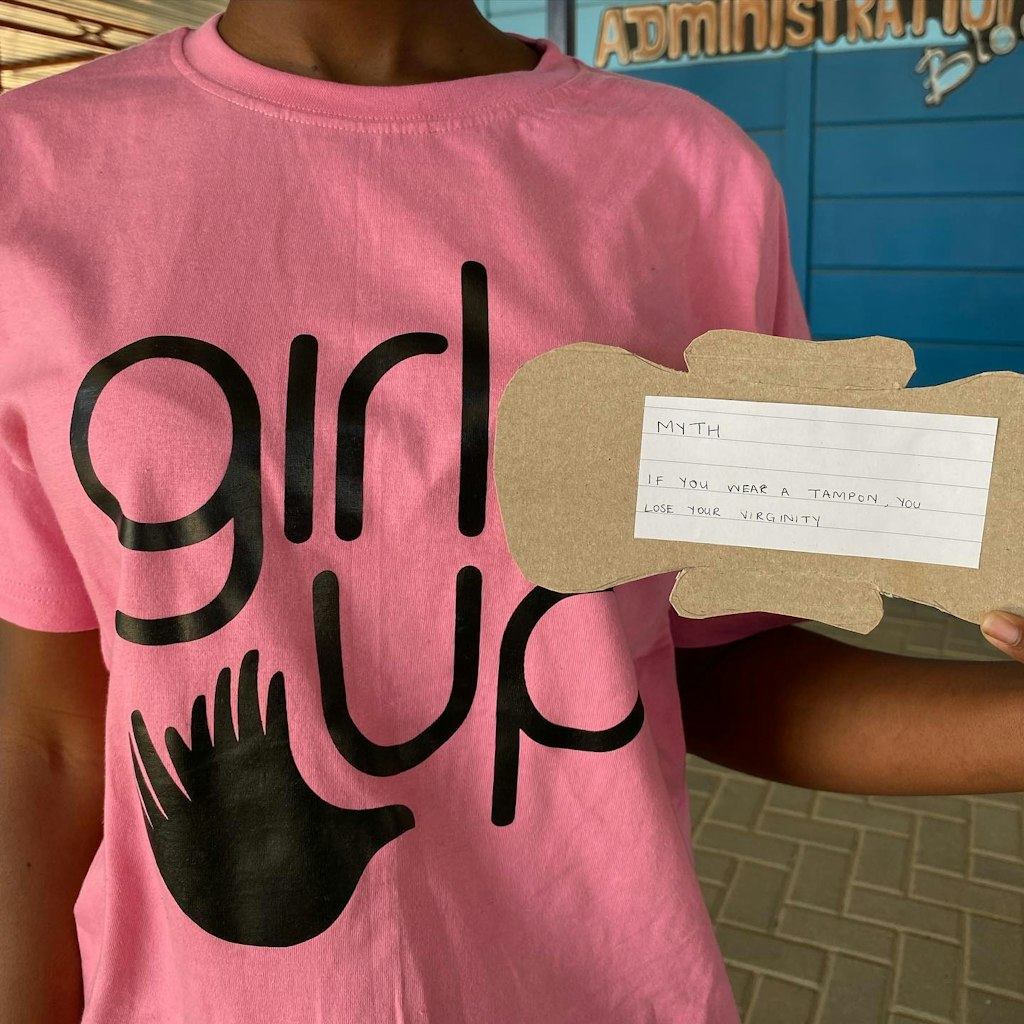
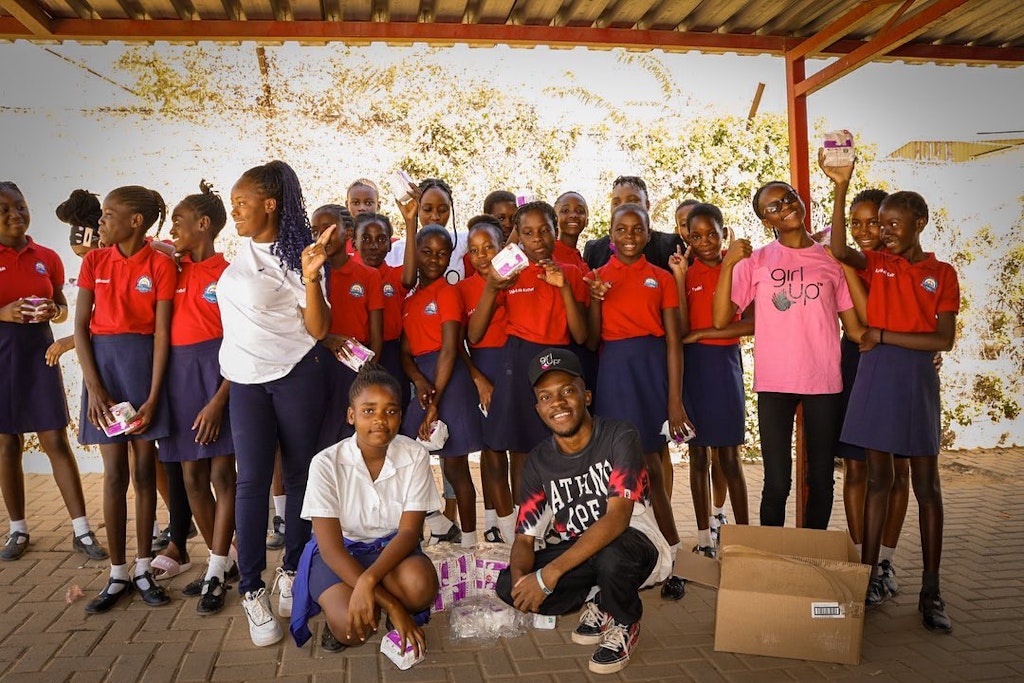
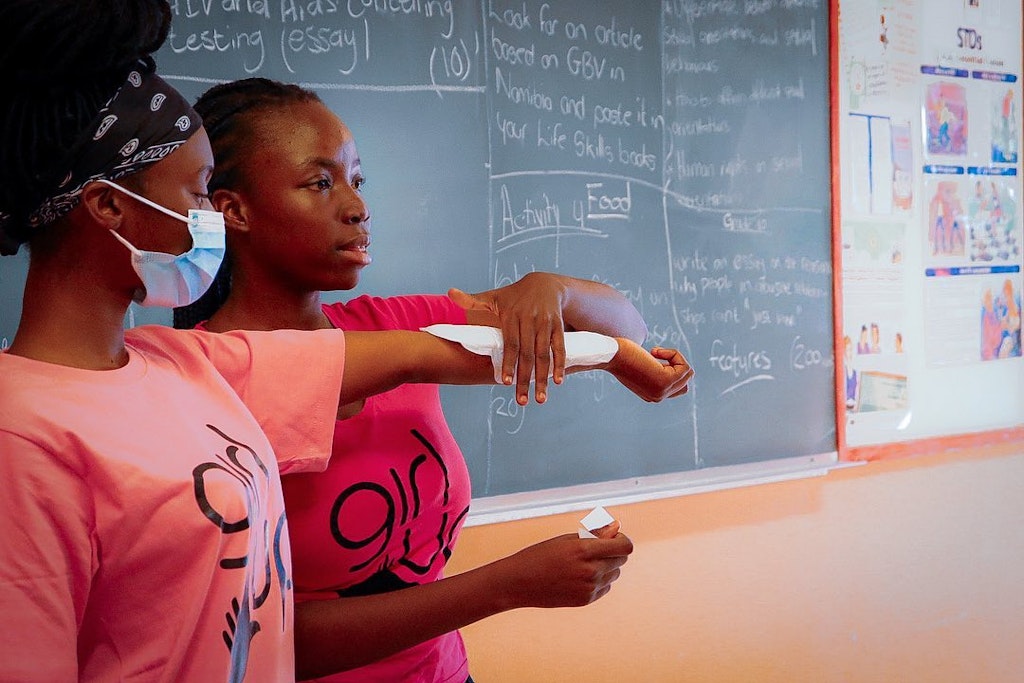
Girl Up South Africa organized a pad donation drive in three schools to promote menstrual well-being and improve access to safe and healthy hygiene products with the aim to stop girls from missing school because of their inability to afford menstrual pads.
They then joined forces with Girl Up Zimbabwe to host an online talk on menstrual hygiene management and women’s health with Africa’s regional leaders.
Girl Up Bongo in Tanzania is collaborating with other clubs in the region to host a menstrual health podcast episode on May 28, where they discuss the importance of menstrual hygiene and breaking taboos.
Girl Up Nigeria joined a local campaign to end period poverty and normalize menstruation with awareness-building activities, including a Tweet Space event featuring a panel of menstrual equity experts.
ASIA
Girl Up India, in collaboration with the initiative Empowered by Vee, launched “We Care, Period”, a menstrual equity and education campaign. Through a global 5K marathon and a fundraising gala, the campaign raised over $1500 USD (about 125,000 INR) to support approximately 317 menstruators from under-resourced communities in India for a year!
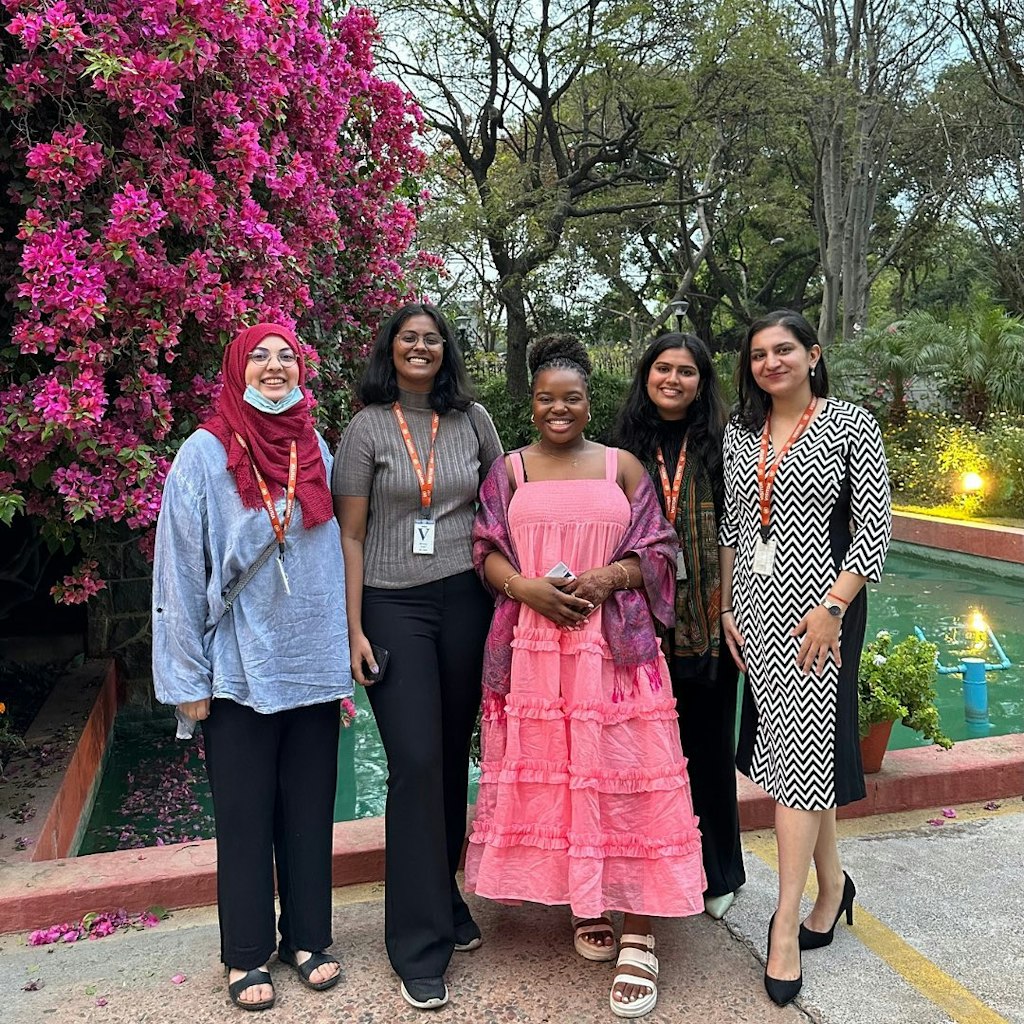
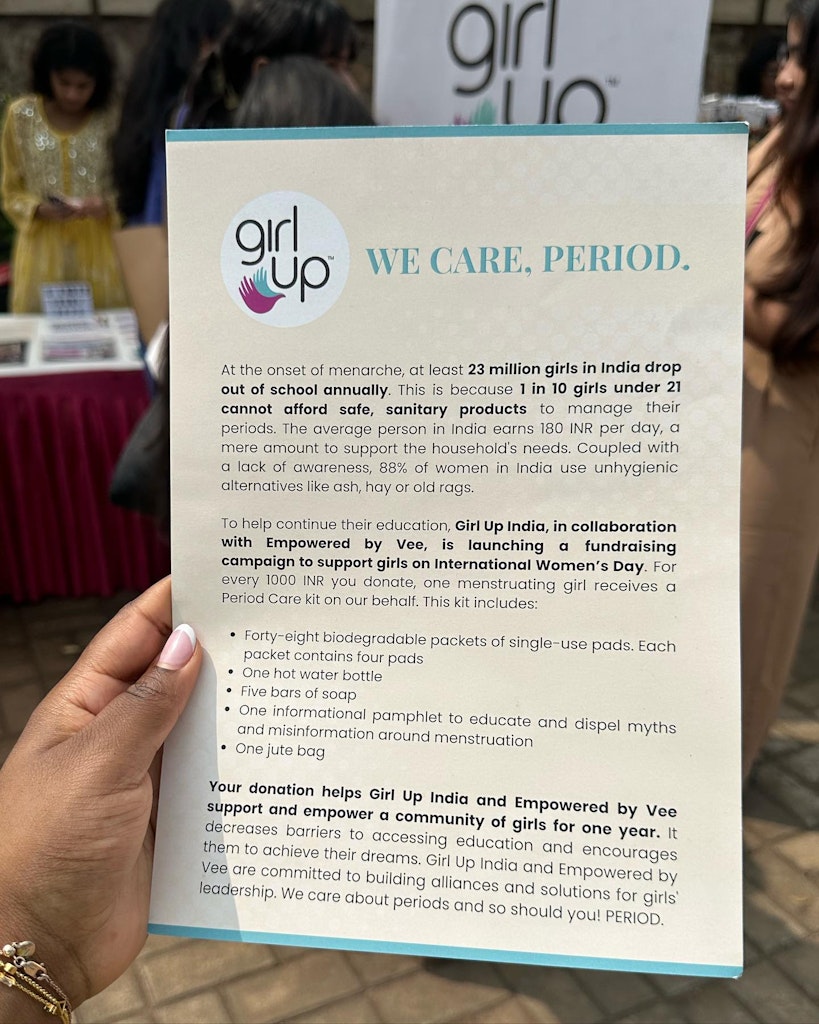
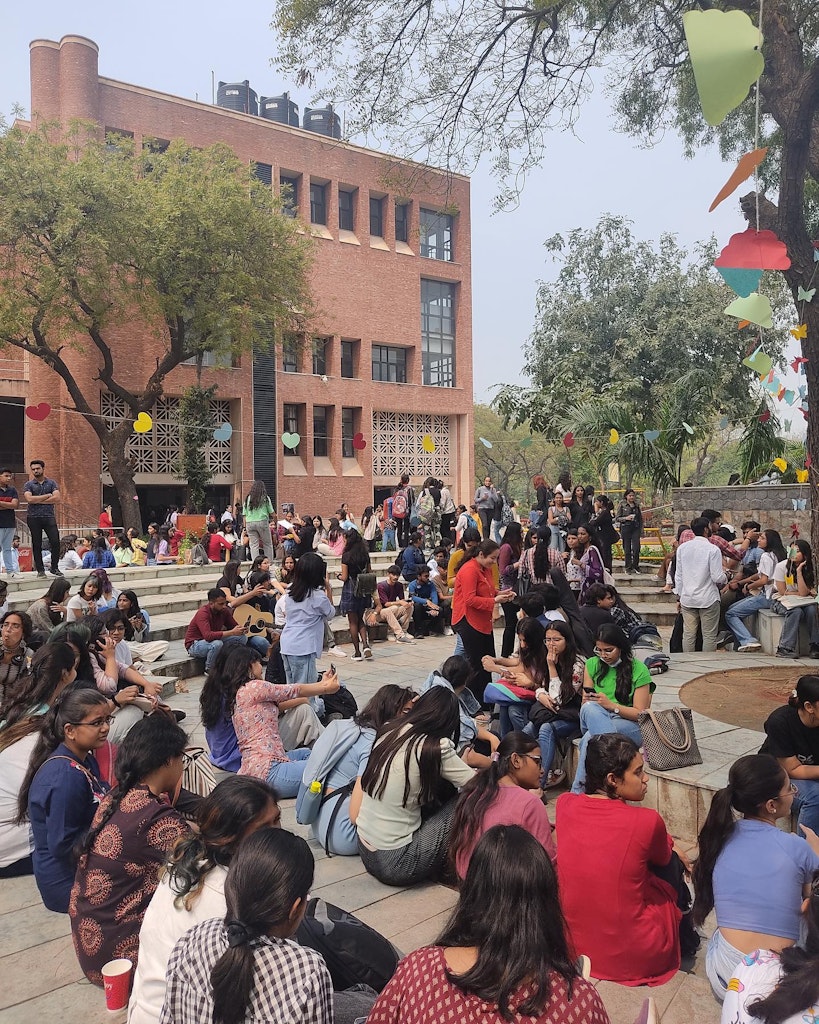
SOUTH & CENTRAL AMERICA
In Argentina, Girl Up leaders partnered with the social initiative EsConESI to create “MenstruaLabs,” which are discussions focused on menstrual equity. Leaders designed both a digital campaign and an in-person event in Buenos Aires called “Ciclos de Cambio” (Cycles of Change), open for all youth to discuss ways we can change the narrative around the menstrual cycle.
Girl Up Brasil is continuing its #LivreParaMenstruar (Free to Menstruate) campaign, visiting the Ministry of Education to speak about period education and spreading awareness about period poverty online.
In Chile, Girl Up secondary school and university students are engaging in a month-long digital campaign, “Menstrual Health Month”, in which they host physical & virtual events centered around sharing their menstrual experiences in a safe and supportive environment.
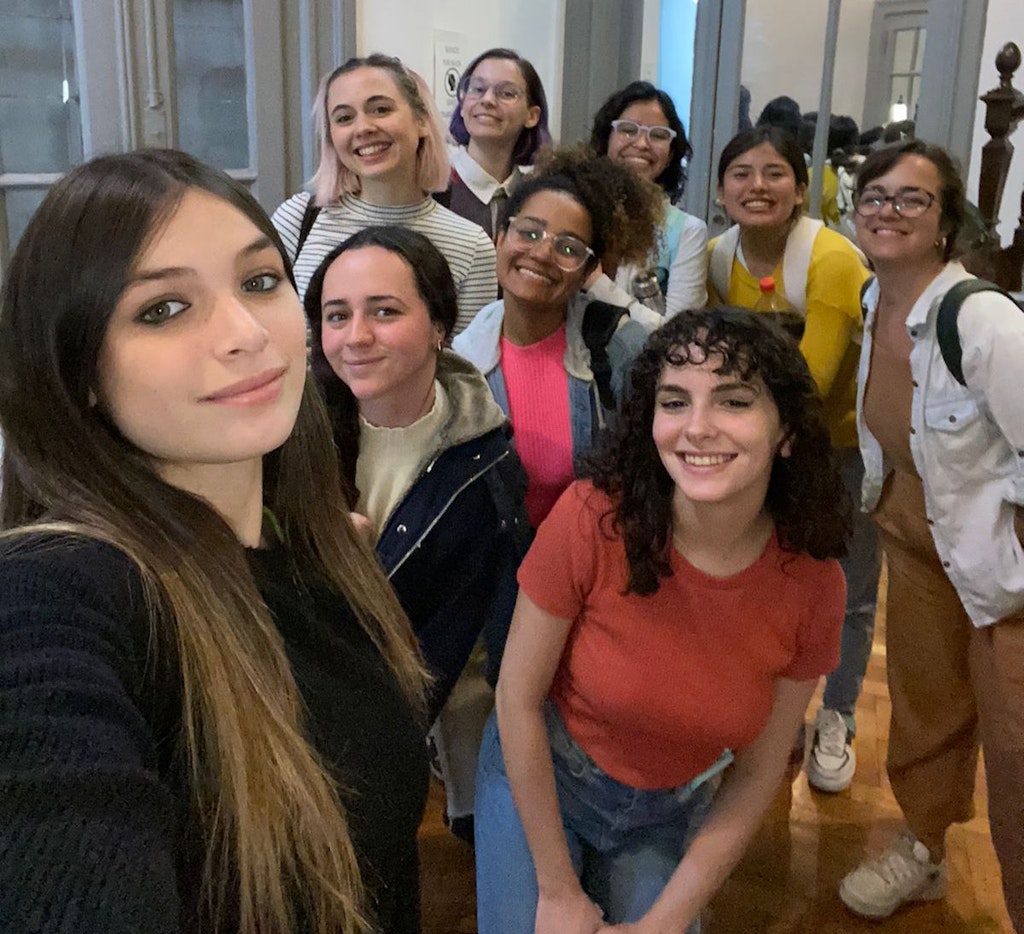
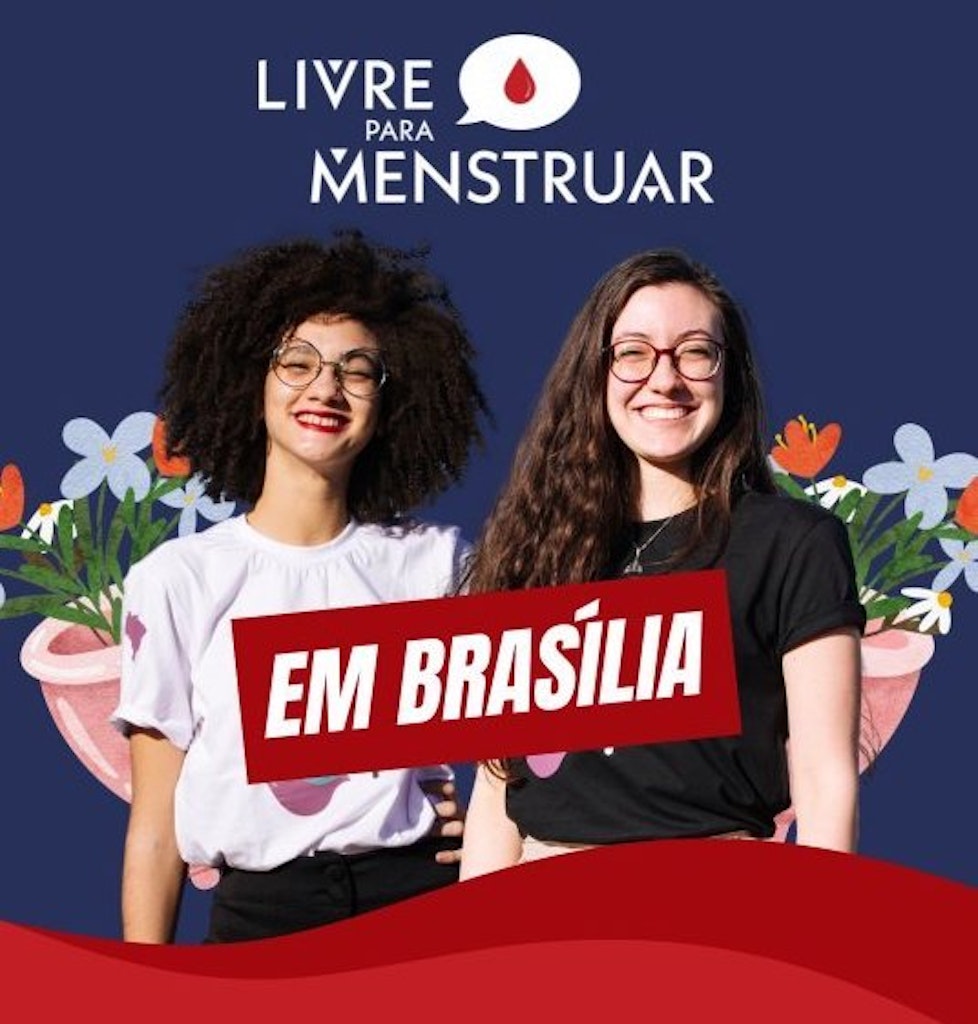
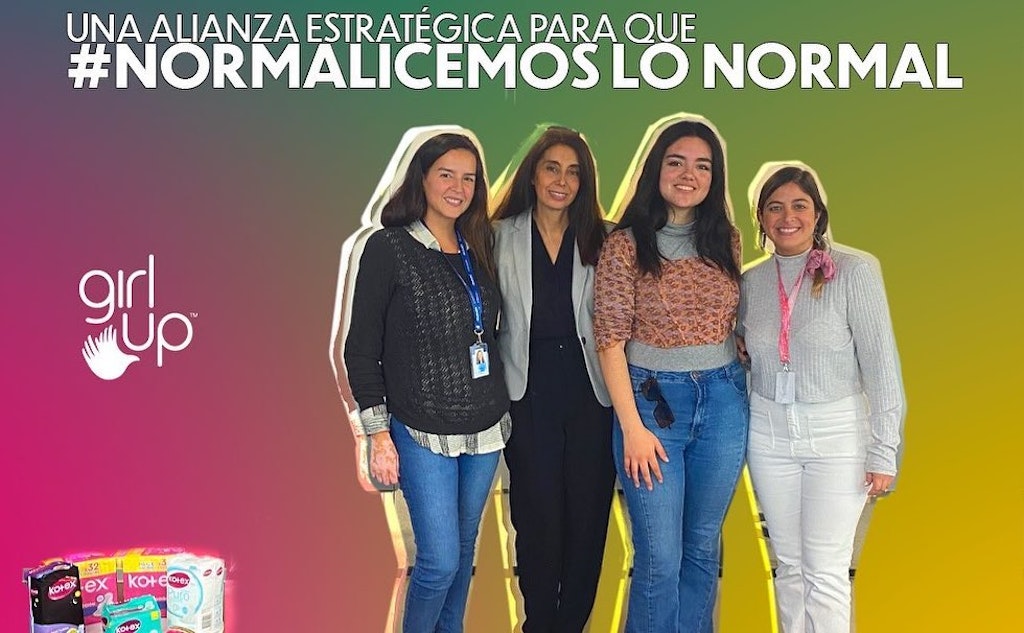
In Costa Rica, Solvitur Girl Up created two short documentaries about the stigma surrounding menstruation and period poverty in their region for Cambiemos La Regla, a campaign to encourage lawmakers to remove the tax on menstrual hygiene products, provide free sanitary supplies in schools and prisons, and strengthen sexual education programs. They then hosted an online screening of these films and created a space for the conversation around menstruation to continue.
To learn more about menstrual health and hygiene and get involved in the menstrual equity movement, join the Girl Up Community and connect with other young, passionate social changemakers near you!
